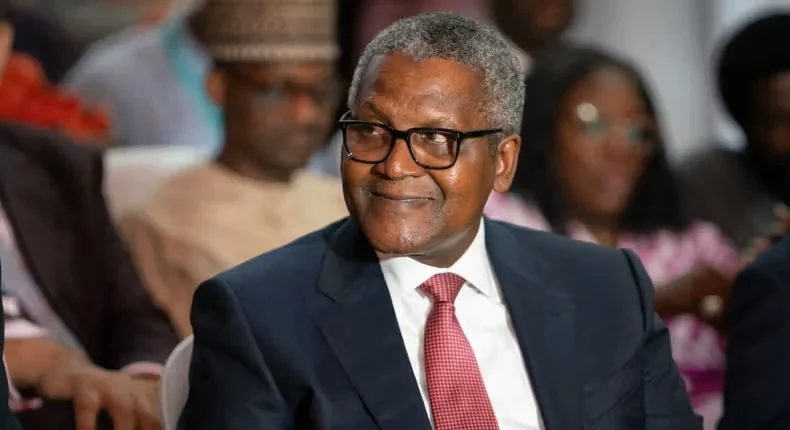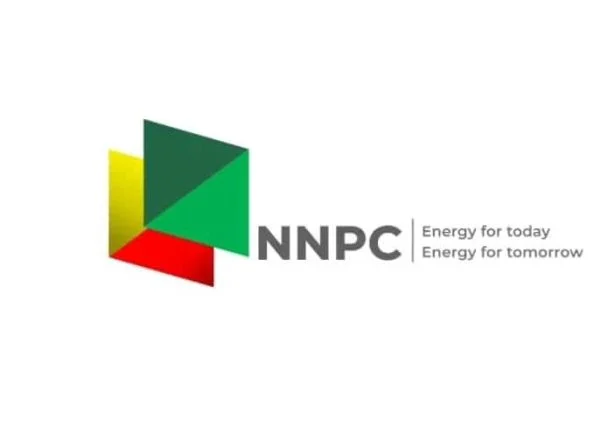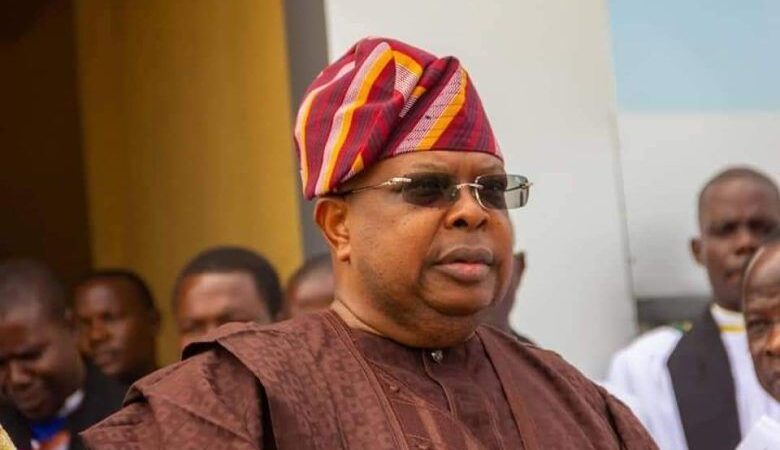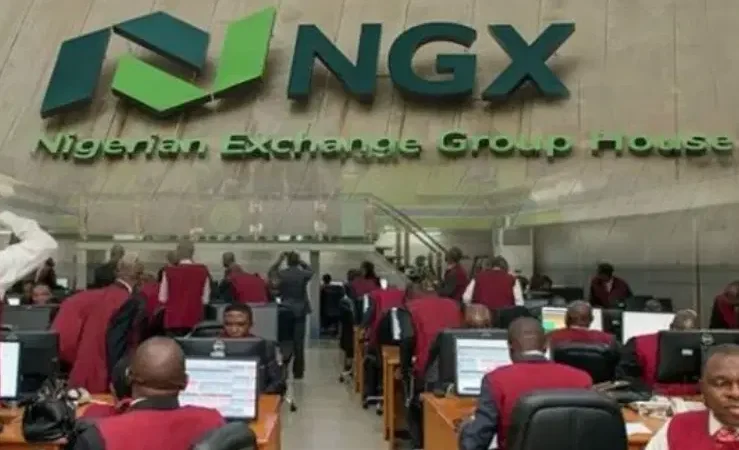‘Nigeria’s debt repayment exceeding recurrent, capital expenditures worrisome ‘

Despite the bloated recurrent spending in the 2024 budget and a significant infrastructure gap, Nigeria’s debt repayment now exceeds both recurrent and capital expenditure.
This is alongside the country’s Foreign Direct Investment (FDI) being at an all-time low of under US$1 billion.
Mr. Tilewa Adebajo, Chief Executive Officer (CEO) of The CFG Advisory, disclosed this while speaking on the topic “Nigeria’s Fiscal Environment in an Era of Monetary Policy Tightening” at the July 2024 edition of the Finance Correspondents Association of Nigeria (FICAN) bi-monthly forum in Lagos.
Although N8.7 trillion was earmarked for capital expenditure in the 2024 budget, infrastructure development will receive just N1.32 trillion of this.
According to Adebajo, Nigeria’s current debt burden of US$130 billion is being serviced by 95 percent of revenues, as debt repayment now exceeds both recurrent and capital expenditure.
Nigeria’s public debt stock rose from N97.34 trillion in December 2023 to N121.67 trillion in March 2024, according to the Debt Management Office (DMO).
“Nigeria’s debt levels are now clearly unsustainable. Add to this US$10 billion from the 2024 budget deficit, and the question begs: is Nigeria heading for the default direction of Ghana, Zambia, and Ethiopia? The discussion on restructuring both domestic and external debt must commence alongside the ongoing economic reforms and revenue drive to avoid Paris and London Club imposition,” he warned.
He added that with a significant infrastructure deficit and growth challenges, Nigeria is set to become the third largest economy in Africa, behind South Africa and Egypt.
Explaining the current state of Nigeria’s economic indicators, Adebajo regretted that the economy is still in stagflation, with ongoing reforms aiming to achieve a sustainable growth trajectory.
He noted that the introduction of the Nigerian Autonomous Foreign Exchange Market (NAFEM) and the removal of fuel subsidies has seen the FAAC account increase by 130 percent from May to November 2023 to over N1 trillion.
“FDI is at an all-time low of under US$1 billion; power transmission and distribution infrastructure are still very poor, impacting industry and economic growth; the macroeconomic situation has declined over the last 7 years with a loss of US$180-200 billion in GDP, currently at US$390 billion.
“GDP growth of 3 percent is not sustainable for our population of 200 million; Nigeria requires 8-10 percent GDP growth for sustainability; 135 million Nigerians are in the poverty trap, with 40 percent unemployment and very low job creation and industrial productivity. Dwindling reserves and increasing credit default swap premiums have resulted in Caa1 junk bond rating status for our international credit ratings,” the finance and economic expert stated.
He believes that while the fundamentals of the Nigerian economy remain sound, poor economic leadership in the past has failed to realize potential and grow the economy.
But, “with a new and highly rated economic management team in place, expectations are high. The success or failure of our business projections and economy will depend on their commitment and sincerity to implement and deliver on their reform policies. The goal is to drive our economy out of stagflation and attain sustainable GDP growth targets,” he emphasized.
Proffering solutions to the country’s economic challenges, the CFG Advisory boss stated that Nigeria should negotiate with creditors to restructure and extend the maturities of debt, allowing for more manageable repayments and reduced interest rates.
Nigeria, he said, should implement fiscal discipline by reducing non-essential government spending, eliminating wasteful subsidies, and improving the efficiency of public services.
“Expand the tax base, improve tax collection, and introduce new sources of revenue, such as value-added tax (VAT) and property taxes. Improve transparency and accountability in government spending to build public trust and attract foreign investment. The central bank should continue to employ tight monetary policy to combat inflation, which is often associated with stagflation.
“Maintain positive real interest rates to attract foreign investment and encourage savings. Maintain a competitive exchange rate to stimulate exports and reduce reliance on imports. Collaborate with regional and international organizations to access financial assistance, expertise, and market opportunities. Engage the cc with the public, businesses, and civil society to gain their support for economic reforms,” Adebajo recommended.







